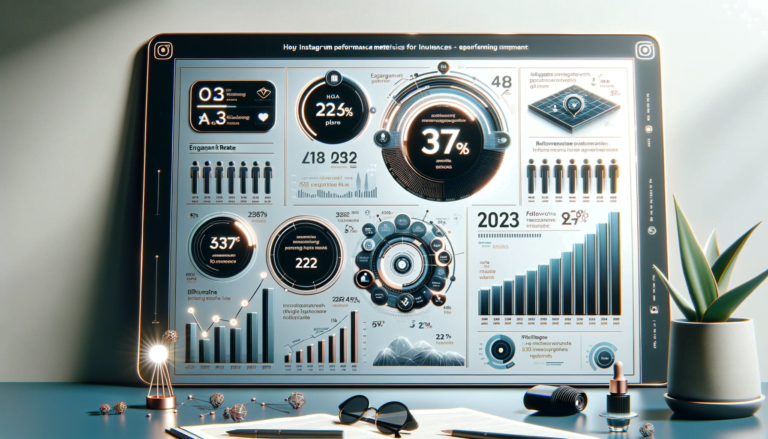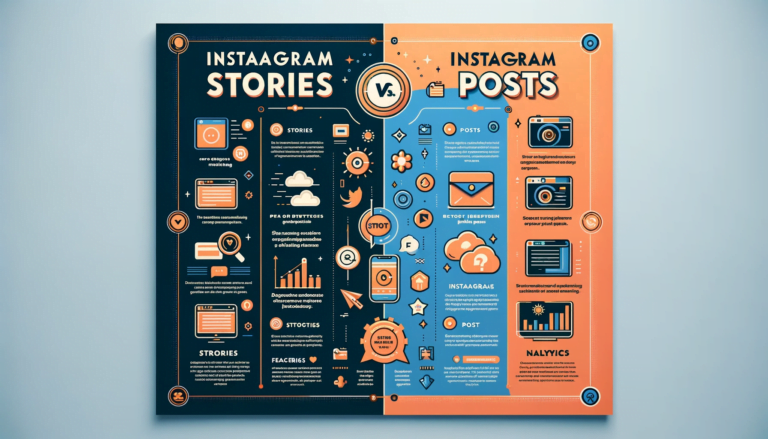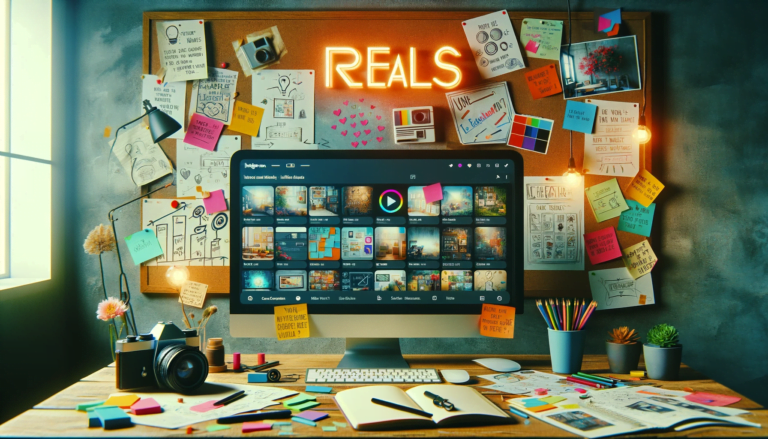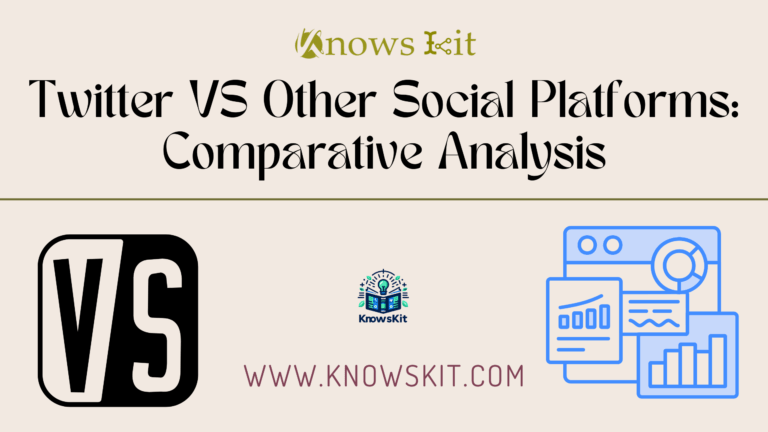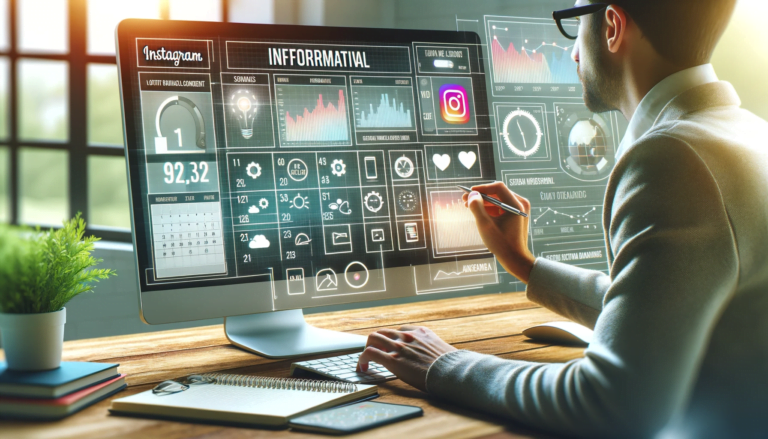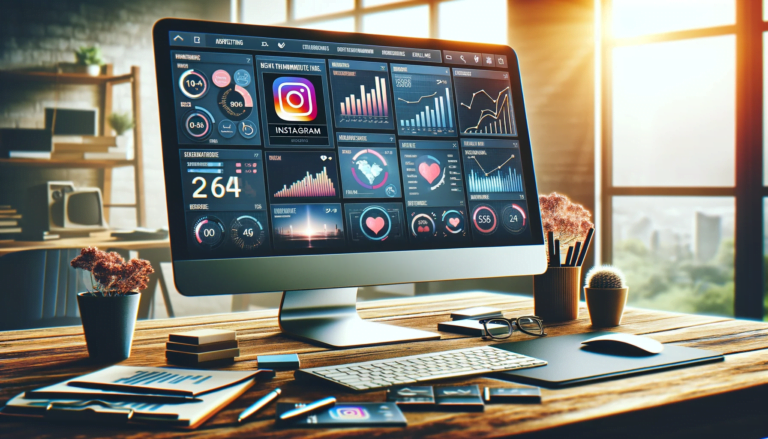Instagram On Mental Health
Welcome to a world where double-taps, filters, and followers reign supreme – yes, I’m talking about Instagram. In this digital era, where we’re constantly glued to our screens, it’s crucial to pause and ponder: How does Instagram influence our mental health? Is it a friend, a foe, or a bit of both? As we navigate through this maze of likes and stories, let’s unravel the intricate relationship between Instagram and our mental well-being.
The Complex Relationship Between Instagram and Mental Health
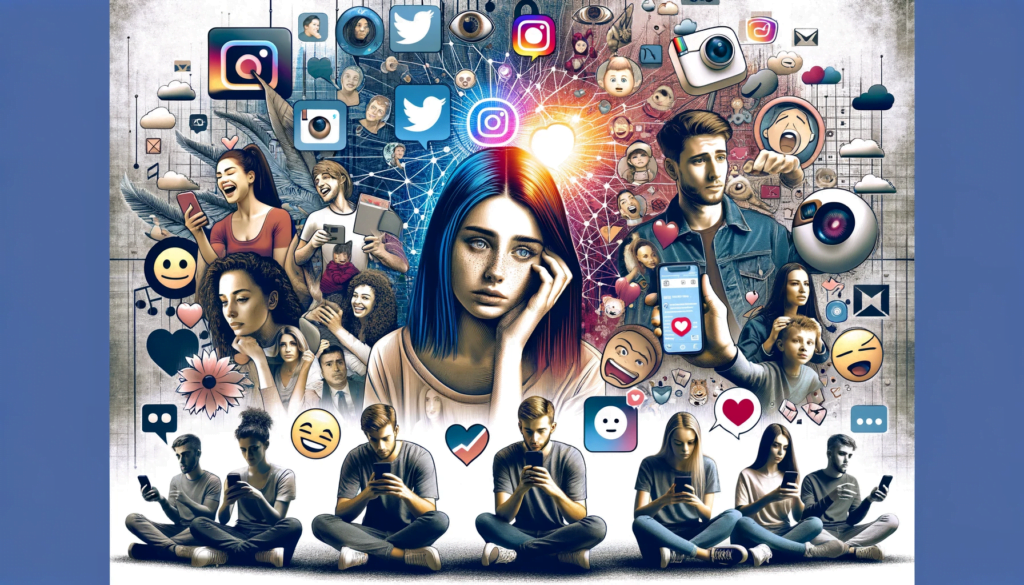
Social Media’s Double-Edged Sword
Instagram is a melting pot of creativity and connections. It’s a platform where art meets life, and distant friends feel close. But there’s another side to this glossy world. It’s a space that can breed insecurities and anxieties. The constant barrage of perfect lives and flawless images can be overwhelming. It’s a paradoxical world where one can feel both connected and isolated at the same time. Understanding this duality is the first step in navigating the Instagram universe healthily.
The Yin and Yang of Instagram – Instagram On Mental Health
Navigating Instagram is like walking a tightrope. On one side, there’s inspiration, creativity, and community. On the other, there’s envy, self-doubt, and isolation. The key lies in balance. It’s about embracing the positives – the connections, the inspirations, and the global village vibe. Simultaneously, it’s about being aware of the negatives – the unrealistic standards, the pressure to keep up, and the potential for addiction. It’s about using Instagram as a tool for good, without letting it dominate our real lives.
Impact of Instagram on Youth Mental Health
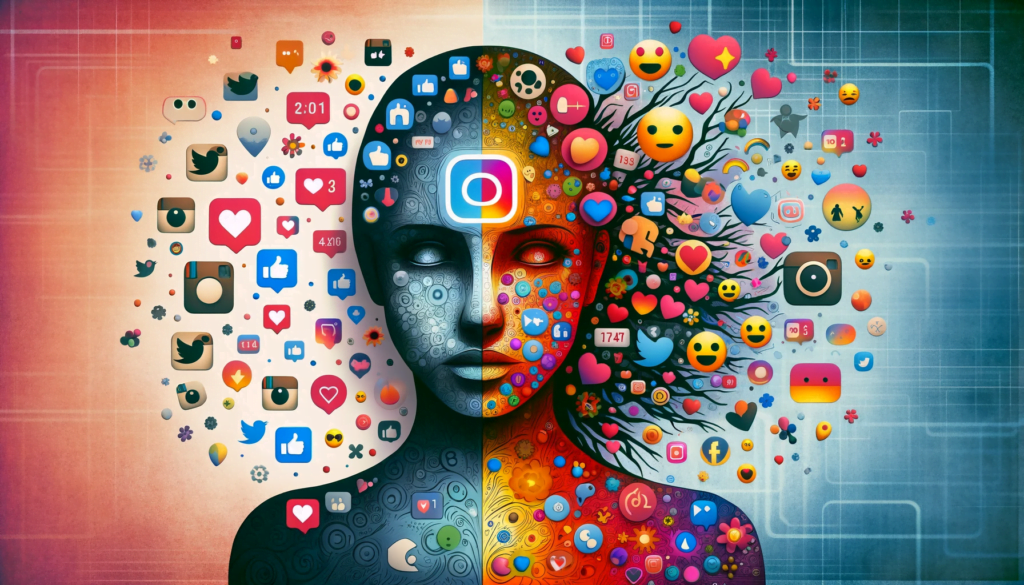
The Pressure to Conform – Instagram On Mental Health
Instagram is like a modern-day hall of mirrors for the youth. It reflects images of how life ‘should’ be – often unrealistic and unattainable. The pressure to conform to these standards can be intense. Young minds, still in their formative years, are bombarded with images of perfect bodies, lifestyles, and achievements. It’s a world where the number of likes can feel like a measure of worth, leading to anxiety and a skewed sense of self.
Navigating the Virtual Playground
But it’s not all doom and gloom. The key for younger users is to learn to navigate Instagram with a critical eye. It’s about understanding that behind every perfect post is a real person, with challenges and imperfections just like everyone else. It’s about encouraging healthy habits – like limiting time on the app, seeking real-world interactions, and remembering that a person’s worth is not measured by their social media presence. It’s about empowering the youth to use Instagram as a tool for connection and inspiration, rather than a yardstick for self-worth.
Managing Instagram Screen Time for Mental Well-being
Setting Boundaries – Instagram On Mental Health
The first step in managing Instagram’s impact on mental health is setting boundaries. It’s about being mindful of how much time we spend scrolling through feeds and stories. Time management techniques, like designated no-Instagram hours or app limit settings, can be incredibly helpful. It’s about finding a balance – allowing ourselves to enjoy the app, but not to the extent that it starts eating into our real-world experiences and relationships.
The Role of Digital Detox
Sometimes, the best thing we can do for our mental health is to unplug. A digital detox, be it for a few hours or a few days, can work wonders. It’s about giving ourselves a break from the constant stream of information and comparison. This breathing space can help us re-evaluate our relationship with the app and come back with a fresh perspective. It’s about remembering that there’s a whole world outside of our screens – a world that deserves our attention too.
Instagram’s Effect on Body Image and Self-Esteem
The Pursuit of Perfection – Instagram On Mental Health
Instagram can often feel like a beauty pageant that never ends. The endless stream of photos showcasing perfect bodies, lifestyles, and faces can be daunting. It sets an unrealistic standard of beauty and success, leading to issues with body image and self-esteem. This constant exposure to idealized versions of reality can make us question our own lives and appearances, often leading to dissatisfaction and a sense of inadequacy.
Fostering Self-Acceptance
But there’s a way to combat this. It starts with fostering self-acceptance and understanding the curated nature of Instagram. Encourage following accounts that promote body positivity and realistic life portrayals. It’s about using Instagram to celebrate our unique journeys and qualities, rather than comparing ourselves to others. Sharing real, unfiltered moments and embracing our true selves can transform Instagram into a platform of empowerment and self-love.
Positive Practices for Instagram On Mental Health
Building a Supportive Community
Instagram doesn’t have to be a solo journey. One of the best ways to ensure a positive experience is by building a supportive community. This means following accounts that inspire and uplift you and being part of groups that share your interests and values. It’s about transforming your feed into a source of positivity, where every scroll adds value to your day.
Mindful Scrolling
Mindfulness is key. Each time we open Instagram, we should be conscious of why we’re there and how it makes us feel. If a particular account or post doesn’t serve us well, it’s okay to unfollow. It’s about curating our feed in a way that aligns with our mental well-being. Practicing mindful scrolling can turn Instagram into a tool for positivity, rather than a trigger for stress or negativity.
Study on Social Comparison on Instagram
The Art of Comparison – Instagram On Mental Health
Comparing ourselves to others is a natural human trait, but on Instagram, it can become an unhealthy habit. A study on social comparison on Instagram reveals that constant comparison with others’ curated lives can lead to feelings of inferiority and discontent. This virtual comparison game can be damaging, leading to a distorted view of reality and our place within it.
Overcoming the Comparison Trap
The good news is, we can break free from this trap. It starts with awareness – recognizing that what we see on Instagram is often a highlight reel, not the whole story. Celebrating our achievements, no matter how small, and understanding our unique paths can help us rise above the comparison game. It’s about focusing on self-improvement and self-love, rather than measuring ourselves against someone else’s yardstick.
Conclusion – Summarizing the impact of Instagram on mental health
Instagram and mental health share a complex, intertwined relationship. While Instagram offers a world of opportunities for connection and inspiration, it also poses challenges to our mental well-being. The key to maintaining a healthy relationship with Instagram lies in balance – embracing the positives, being mindful of the negatives, and always remembering our worth beyond the digital world. Let’s make Instagram a tool for good, a platform that uplifts and empowers, rather than one that diminishes our sense of self.
FAQs
How does Instagram affect youth mental health?
Instagram can impact youth mental health by creating pressures to conform and inducing feelings of inadequacy through comparison.
What are the best practices for managing Instagram screen time?
Limiting daily usage, scheduling breaks, and being mindful of content consumption are effective strategies.
How can Instagram impact body image and self-esteem?
Constant exposure to idealized images can negatively affect body image and self-esteem, making it crucial to differentiate between social media and reality.
What are some positive mental health practices for Instagram users?
Curating a positive feed, engaging in supportive communities, and practicing mindful scrolling can enhance mental well-being.
How does social comparison on Instagram affect mental well-being?
Social comparison can lead to feelings of envy and inadequacy, but overcoming this requires focusing on personal achievements and understanding the curated nature of social media.
Can taking breaks from Instagram improve mental health?
Yes, digital detoxes or breaks from Instagram can help reset mental focus and reduce stress.
How to foster a positive self-image in the era of Instagram?
Fostering a positive self-image involves following uplifting content, sharing authentic moments, and celebrating individuality.
What strategies help in overcoming the Instagram comparison trap?
Focusing on personal growth, understanding the selective nature of social media posts, and practicing gratitude can help overcome the comparison trap.
How to build a supportive community on Instagram?
Building a supportive community involves following like-minded individuals, engaging in positive interactions, and contributing uplifting content.
What are the benefits of mindful scrolling on Instagram?
Mindful scrolling leads to a more positive experience, reducing feelings of anxiety and improving overall mental well-being.
Read More: Knows Kit


